All results
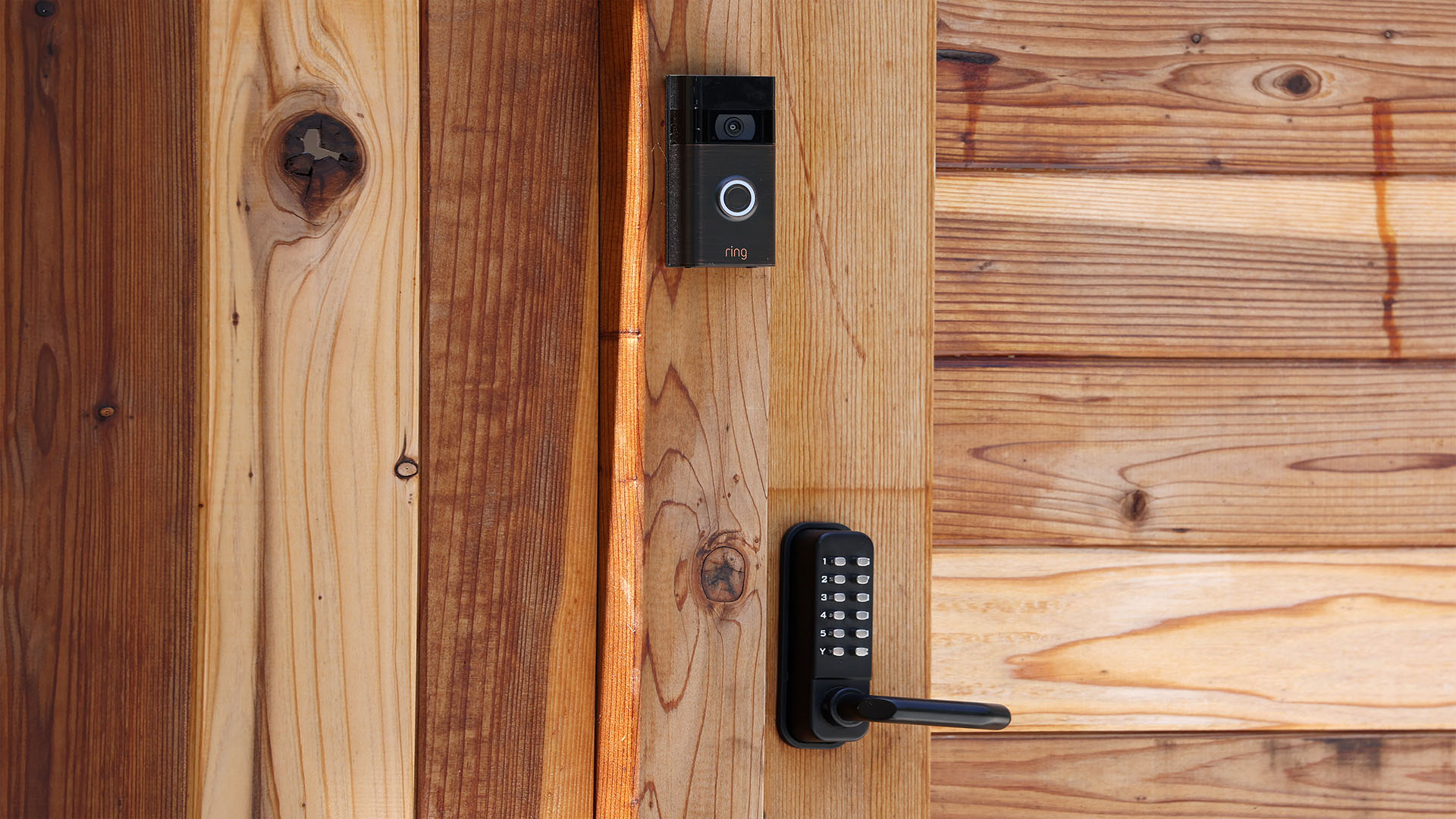

The latest jobs report from the United States Department of Labor suggests that there’s a glimmer of hope. But that hope doesn’t really exist for Black workers, who — shockingly, but not surprisingly — are being left out in the cold when it comes to economic recovery. The report outlines that nearly one million people obtained a non-farm payroll job in March of 2021, and that the national unemployment rate has dropped to 6 percent. “These improvements in the labor market reflect the continued resumption of economic activity that had been curtailed due to the coronavirus (COVID-19) pandemic. Job growth was widespread in March, led by gains in leisure and hospitality, public and private education, and construction,” read the report. However, according to the Bureau of Labor Statistics, Black workers are not reaping the rewards of this new ray of light. In fact, Black unemployment still remains at 9.6 percent nationwide. While this is a marginal improvement over February 2021’s 9.9...
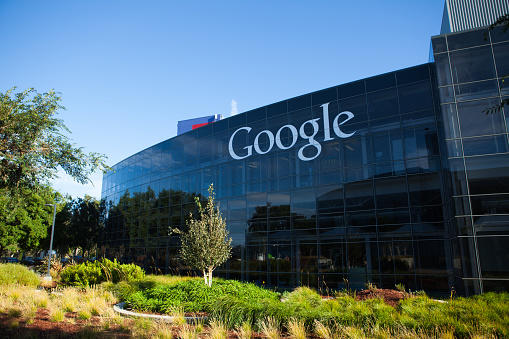
As technology becomes a part of people’s everyday lives, people have begun leaking out more information about themselves than they’re actually aware of. From Venmo transactions that are left wide open to Google tracking purchases , tech companies are latching onto your personal data. Now, Google may have recently gone too far. On Wednesday, the University of Chicago, its medical center, and Google were all sued in a potential class-action lawsuit, The New York Times reported . The lawsuit has accused the hospital of sharing hundreds of thousands of patients’ records to Google without removing identifiable date stamps or doctor’s notes. Lorna Wong, a spokeswoman for the University of Chicago Medical Center, said that the “claims in this lawsuit are without merit.” According to The Times, Wong asserted that the medical center “has complied with the laws and regulations applicable to patient privacy.” “We believe our health care research could help save lives in the future, which is...

You may not always realize it, but your car can hold a lot of information about you. Holding personal contacts, location information and more, essentially makes them “roving computers.” So, how does that impact the fourth amendment? The fourth amendment is what protects you from unreasonable search and seizures. However, there’s a “vehicle exception,” which means police don’t need a warrant to search your car for physical items. Now, the American Civil Liberties Union (ACLU) says that data isn’t covered under that exception. Spurred by the case Mobley v. State in Georgia, the ACLU argued in an amicus brief that “cops cannot conduct warrantless searches of computers — even if that computer happens to be on wheels.” The Mobley case began after a deadly car crash in Georgia. Police took data from the Event Data Recorder — or “black box” — on Mobley’s car in order to figure out his speed before the crash. They used this information to increase the severity of charges against Mobley....

Thanks to poor federal regulations, it’s up to each individual state to protect their residents’ data. Recently, Maine’s State Senate passed a landmark bill that will look out for people’s internet privacy. Your internet service providers (ISPs) have a lot more information on you than you might think. Your internet history (including the sites you visit, how often, location data, etc.) can tell a lot about you as an individual. Maine’s new bill — LD 946 —now requires that ISPs get people’s consent before selling or offering access to their private data. In a blog post , the American Civil Liberties Union (ACLU) Maine noted: “The personal information ISPs collect and sell is increasingly being used by advertisers to discriminate against certain communities. Advertisers and data brokers are increasingly using data to decide what prices to advertise to someone, the content they should steer them to, and even the types of loans to offer them.” Although this bill is important, it’s not...
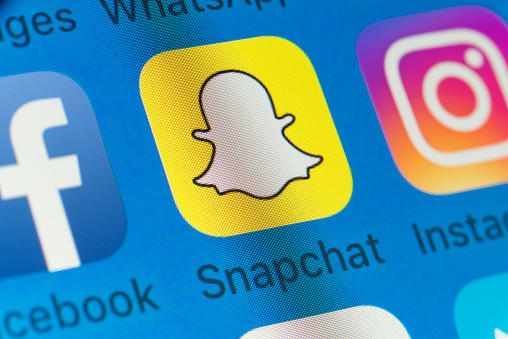
Multiple Snapchat employees have abused their access to tools that can give them key information about users, according to a Motherboard report . That includes user data like location information, phone numbers, saved Snaps, and more. The abuse began “several years ago,” although Motherboard was unable to provide a more specific timeline than that. In addition, Motherboard couldn’t verify how the data abuse occurred or what employees did with the information they accessed. However, the report did hone in on one particular tool: SnapLion. This tool was designed to help Snapchat respond to law enforcement who’d need user information for court orders or subpoenas. Former employees told Motherboard that SnapLion comes from “LEO,” the acronym for law enforcement officer, and a reference to Leo the Lion. The tool’s existence was never previously reported, but a number of departments have access to it. According to the report, Snap’s “Spam and Abuse,” plus its “Customer Ops,” and security...
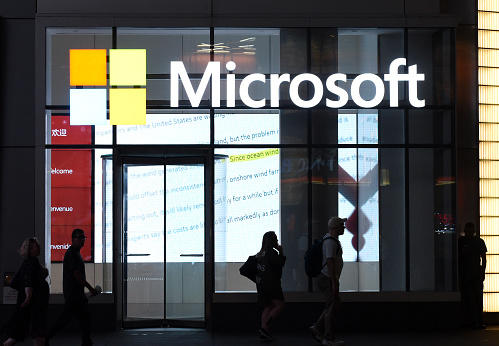
Last year, the European Union passed some of the toughest privacy and data laws with its General Data Protection Regulation (GDPR) . Since then, the GDPR has served as inspiration for California’s groundbreaking Consumer Privacy Act and Washington State’s privacy act . When it comes to privacy laws, the United States isn’t that great. Poor federal regulations mean it’s generally up to states to protect consumers, but that’s not enough. In a recent blog post , Microsoft’s corporate vice president and deputy general counsel, Julie Brill, reflected on what a privacy law could look like in the United States. “The driving force behind the global movement to modernize privacy laws is the new understanding people have of their right to privacy as technology changes how people create and share information,” Brill wrote. “Around the world, there is a growing expectation that everyone should benefit from digital technology without losing control of their personal information.” Growing...
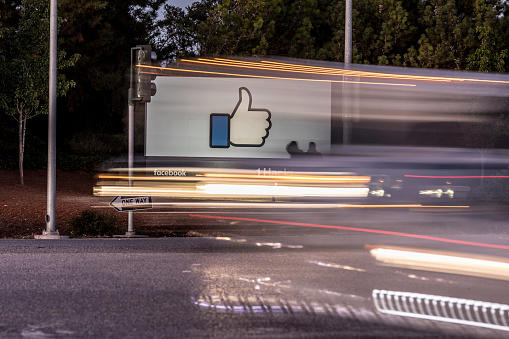
Facebook has faced a lot of heat for its poor privacy practices. In February, the Federal Trade Commission (FTC) began negotiating a multi-billion dollar fine with Facebook, due to Cambridge Analytica and the lack of privacy practices following it. There was a lot of hype around the FTC exploring a fine ranging from $3-$5 billion because that would set a record. But last month, Facebook’s first-quarter earnings for 2019 revealed that the company had already set aside $3 billion in anticipation of the fine. Now, Sens. Richard Blumenthal (D-CT) and Josh Hawley (R-MO) are calling on the FTC to do more. On Monday, in a letter sent to the FTC , the two senators made their feelings clear by calling the expected settlement a “bargain.” Blumenthal and Hawley are also looking for long-term consequences for Facebook. The letter urged the FTC “to act swiftly to conclude its investigation of Facebook and to move to compel sweeping changes to end the social network’s pattern of misuse and abuse...
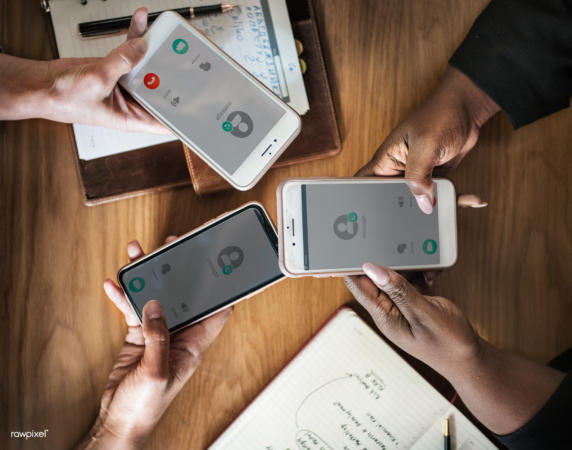
Apple has removed at least 11 of the 17 most downloaded parental and screen-time control apps from its App Store, according to the New York Times. The move comes after the company began making stricter rules on iPhones’ ability to control other smartphones, the use of certain APIs and the release of its own screen-time monitor. Screen-time control apps seem to be counterproductive for Apple; however, the company said that it does not want people using iPhones all the time. “This has never been an objective for us,” Apple CEO, Tim Cook, said at the TIME 100 Summit earlier this month. An Apple spokeswoman told the New York Times that the company has removed some apps because they collect too much user data, which violates the company’s rules. “We treat all apps the same, including those that compete with our own services,” Tammy Levine, the Apple spokeswoman. “Our incentive is to have a vibrant app ecosystem that provides consumers access to as many quality apps as possible.” Apple’s...
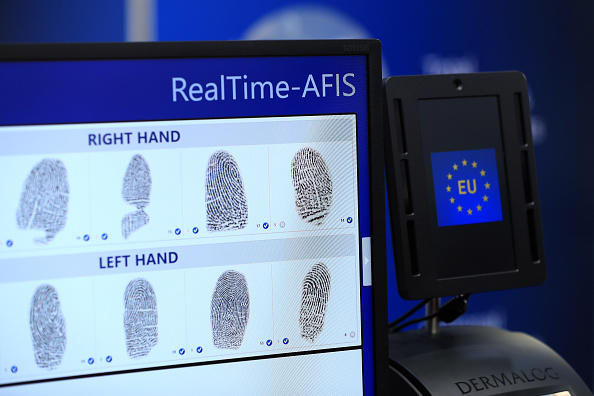
For those planning future travels within the European Union, your experience might become a little more interesting. Last week, the European Parliament voted to connect border-control, migration, and law enforcement systems into a database on both EU and non-EU citizens. The Common Identity Repository (CIR) will combine biographical identities, compile biometric data, and make it available to law enforcement and border authorities. In a statement , Rapporteur Jeroen Lenaers said: “Without changing access rights or endangering the data protection rules that govern them, interoperability will ensure faster, more systematic and more complete access to EU information systems for professionals on the ground: police officers, border guards, migration officers and consulate staff members, in order for them to do their job better. Better decisions can be made on the basis of better information.” Generally, biometric data refers to physical characters that can be measured or calculated. In...
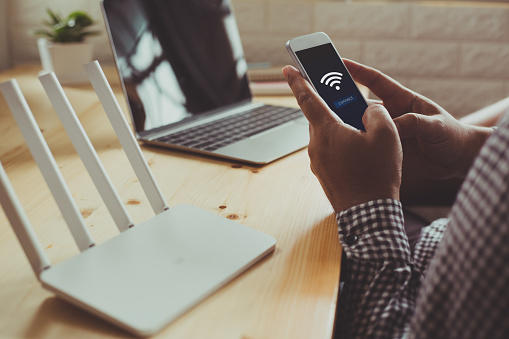
Finding a hotspot can be one of the most annoying things when you’re out and about. An Android app called WiFi Finder — downloaded by thousands of users — was meant to make that entire process easier. By simply typing in an address, people would be able to find the Wi-Fi in a “cafe, restaurant, airport, or any other places.” However, it seems that this popular app ended up exposing the Wi-Fi network passwords for more than two million networks, as reported by TechCrunch . The database — which anyone could access and download — was discovered by Sanyam Jain, a security researcher and member of the GDI Foundation . TechCrunch was unable to contact the developer after more than two weeks. The host, DigitalOcean, ended up taking down the database. A spokesperson told the outlet, “We notified the user and have taken the [server] hosting the exposed database offline.” Along with network passwords stored in plaintext, TechCrunch reported that the records contained the Wi-Fi network name,...

Mental health apps have grown in popularity, as people use them to track moods, substance use, and more. The data gathered by these apps is personal, so it’s really important that it stays private. However, a new study has found that some mental health apps are sharing data without permission. The study found that out of 36 mental health apps, 29 were sharing data to services provided by Facebook or Google. Out of the 12 apps transmitting data to Facebook, only six disclosed what they were doing, while 12 out of 28 Google-linked apps did the same. For the study , researchers searched the Android and iOS app stores in the United States and Australia using the terms “depression” and “smoking cessation.” Due to the nature of the apps, they included information like health diaries and voluntary tracking of substance use — which some apps shared. The sharing of health data opens up a lot of concerns for some physicians. Steven Chan, a physician at Veterans Affairs Palo Alto Health Care...
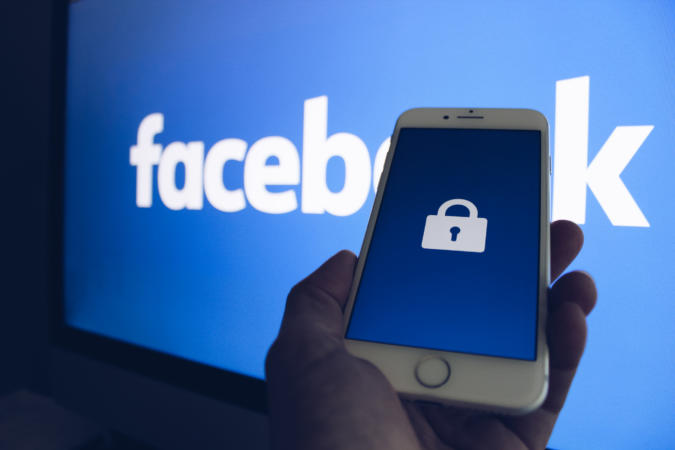
Facebook has come clean about yet another data scandal. Since May 2016, the company has collected the contact lists of 1.5 million users who were new to the platform, as reported by Business Insider . Last month, e-sushi — a security researcher — noticed that Facebook was asking some users to provide their email passwords when they signed up. “Hey Facebook, demanding the secret password of the personal email accounts of your users for verification, or any other kind of use, is a horrible idea from an [information security] point of view,” e-sushi tweeted. That prompted outlets to begin looking into Facebook’s practice. On Wednesday, the company told Business Insider that contact data was “unintentionally uploaded to Facebook.” The company said it’s deleting all the information obtained. https://twitter.com/originalesushi/status/1112496649891430401 Users weren’t given any notice before Facebook began uploading their data, so they also couldn’t give consent. The company plans to reach...
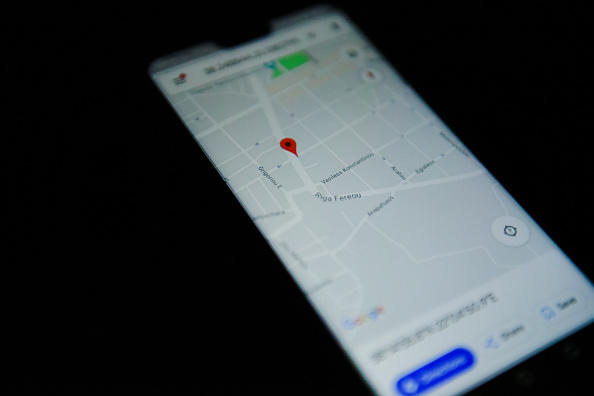
Smartphones hold far more data then most people seem to realize. They’ve become our wallets, computers, and even our own personal maps — which is something law enforcement agencies are especially interested in. The business of tracking cell phone users has developed hoards of information for police, who are now keen on using it. According to the New York Times , requests for information from Google’s mobile Location History database — known as Sensorvault —has “risen sharply” in the past six months. Essentially, police submit “geofence warrants” which give a specific time and location. Using the internal database, Google can pass data about devices that were there to the police. The New York Times reported that Google starts by labeling them with anonymous ID numbers. Once law enforcement narrows the devices down, Google will reveal the users’ name and other information. There’s no way to know how many of these search requests end up in arrests or actual convictions. Many of the...
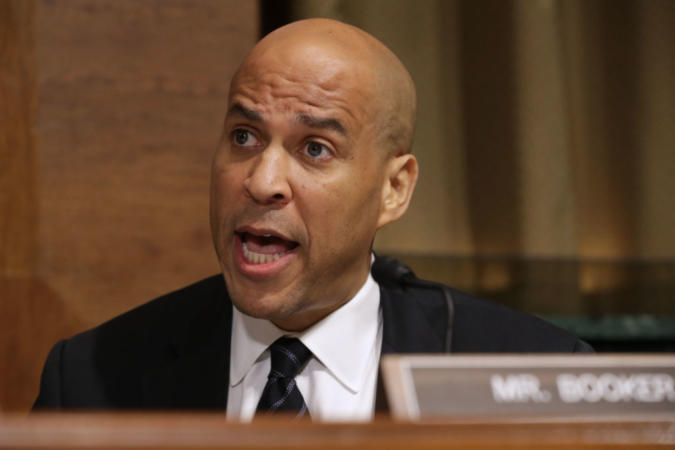
Over the past few years, big tech companies like Facebook and Amazon have come under fire for discriminatory artificial intelligence. Now, U.S. lawmakers are presenting a bill that will make tech companies check their algorithms for biases. Drafted by Sens. Cory Booker and Ron Wyden, the Algorithmic Accountability Act of 2019 calls for the Federal Trade Commission to require companies collecting and sharing data for the purpose of algorithms to conduct impact assessments on their privacy and AI tools. The law notes that algorithms can contribute to and amplify “unfair, biased, or discriminatory decisions” that impact consumers. For now, the bill is aimed at big tech companies and data brokers. It would only apply to companies who are valued at more than $50 million or who have access to more than 1 million consumers’ data. “Computers are increasingly involved in the most important decisions affecting Americans’ lives — whether or not someone can buy a home, get a job or even go to...